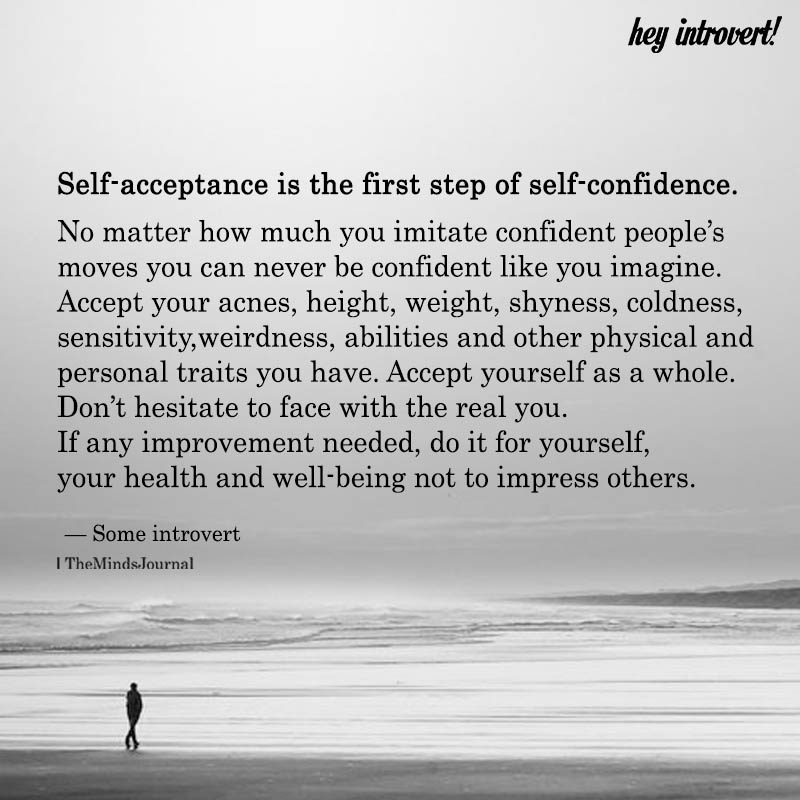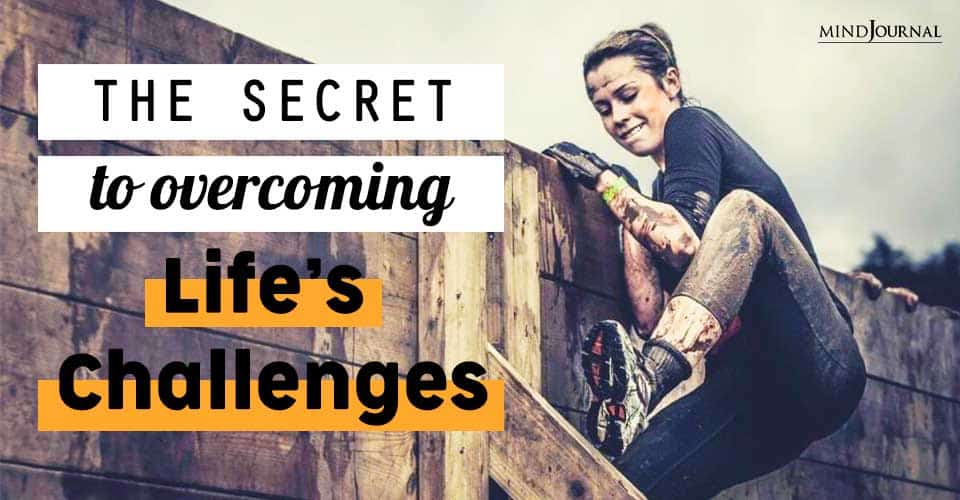What are your biggest challenges in life? Think of a profoundly difficult issue you are facing. Something that has to do with your inner life, about how you think and feel, or something you want to avoid.
It could be the sadness of a loss; anger from a betrayal; anxiety from a challenging situation; or any of a thousand other such agonies. Do you have something in mind?
Next, peek around to see that no one is looking and then put your body into a posture that shows you at your absolute worst when dealing with this issue. I want your body to reflect from the outside what it is like to be you on the inside at your most ineffective, or helpless, or overwhelmed. Actually, assume that position, feel what it feels like, and then take a mental snapshot of what your body looks like. Do you have it?
Great! Now I want you to do the opposite: What does your body look like when you are at your very best in dealing with a difficult problem? Imagine you at your most effective, in tune, or empowered with that issue. Express that with your body. Actually do it. Don’t hold back (come on, no one is looking after all), feel what it feels like, and then take another mental snapshot of your body.
Related: 30+ Dalai Lama Quotes to Enrich Your Life With Wisdom
What Your Body Already Knows
If you are like most of us, your first snapshot showed someone closed up. Perhaps your arms were tucked in. You may have looked down, and your eyes may have slightly closed. Your legs might have been pulled in, or you may have curled up in a kind of fetal position as if trying to hide. You may have slumped over as if totally defeated.
In your second snapshot, however, you were probably in an open posture. Your head likely came up, your eyes opened wider, and your hands relaxed. Your arm may have extended out and you might have stood up and even walked about in large steps.
This simple exercise reveals that you already know a good deal about what science shows is and is not good for you as you contend with your problems. Your body assumed first an avoidant posture and then one of flexible openness and action. You know that it does not work to hide, fight, or flee and that it works far better to open up, and to embrace your problems and learn from them.
I’ve done this exercise with thousands of people in my workshops, and my research team has studied hundreds of people around the world doing it. So far the results are the same whether you live in the US, or Canada, or Iran. People assume more closed postures at their worst, and notably more open postures at their best.
Related: 70 Rumi Quotes That Will Help You Understand Life Better
How To Live With Openness
Over the last thirty-five years, my colleagues and I have studied a small set of skills that say more about how human lives will unfold than any other single set of mental and behavioural processes previously known to science. That is not an exaggeration.
In over 1,000 studies, we’ve found that these skills help determine why some people thrive after life challenges and others do not, or why some people experience many positive emotions (joy, gratitude, compassion, curiosity) and others very few. And at the centre of these skills is this open and flexible stance towards one’s own pain.
Related: The Mystery of Attention: Intention vs. Openness
You can already feel the benefit of living in an open, kind, mentally present, and purposeful way. And if you are willing to live from this stance with yourself and others, you (and those you love) will reap wonderful psychological benefits. Naturally, there is much more to learn about these skills than can be covered in a single article (you can learn more about it in my new book A Liberated Mind).
It’s about learning not to turn away from what is painful, and instead turning toward your suffering in order to live a life full of meaning and purpose.
This is what Acceptance and Commitment Therapy (or ACT) is all about, and it is at the core of what we call psychological flexibility: The ability to accept our pain and live life as we desire, with our pain when there is pain. That’s the secret to overcoming challenges in life.

Related: How Acceptance Is Different Than Giving Up
We can transform our lives by seeking not to eradicate our difficult thoughts and emotions, or numb them away, but to cultivate psychological flexibility, which allows us to accept them for what they are and not let them rule our lives. It is what we do that matters, and that gives us the means to live in a way that is richly meaningful to us, despite even the hardest of life’s challenges.
How do you overcome challenges in your life? Let us know in comments below.
Written by: Steven C. Hayes, PhD
Originally appeared on: Stevenchayes.com
Republished with permission.










Leave a Reply